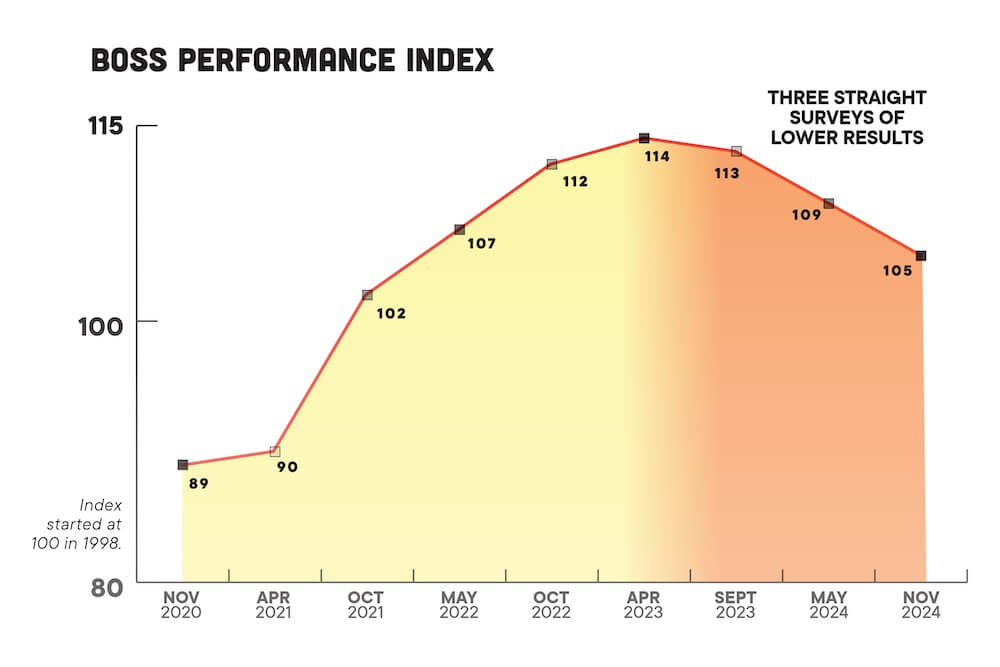The AI Agent Enigma: Inside the Wild West of Digital Assistants

In the rapidly evolving world of artificial intelligence, a fascinating debate continues to simmer among researchers: What truly defines an AI agent? Despite significant advances in the field, there remains no universal consensus on the precise nature and capabilities of these intelligent systems.
At the heart of the discussion are fundamental questions about autonomy, learning, and interaction. Some researchers argue that an AI agent must demonstrate the ability to perceive its environment, make independent decisions, and take purposeful actions. Others contend that the definition is more nuanced, requiring complex reasoning, adaptive learning, and the capacity to pursue specific goals.
The diversity of perspectives reflects the complexity of AI technology itself. From simple algorithmic decision-makers to sophisticated neural networks that can learn and evolve, AI agents span a wide spectrum of complexity and functionality. This breadth makes it challenging to establish a one-size-fits-all definition.
As AI continues to advance, the conversation around what constitutes an AI agent will undoubtedly become more sophisticated, mirroring the increasing capabilities of these remarkable technological entities.







